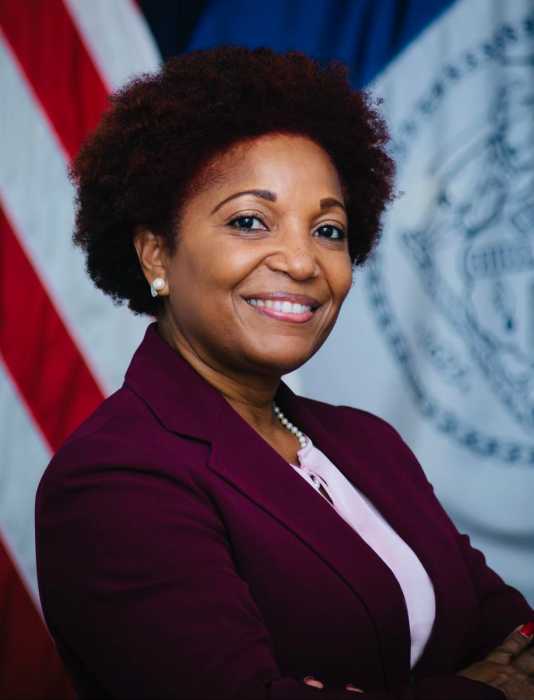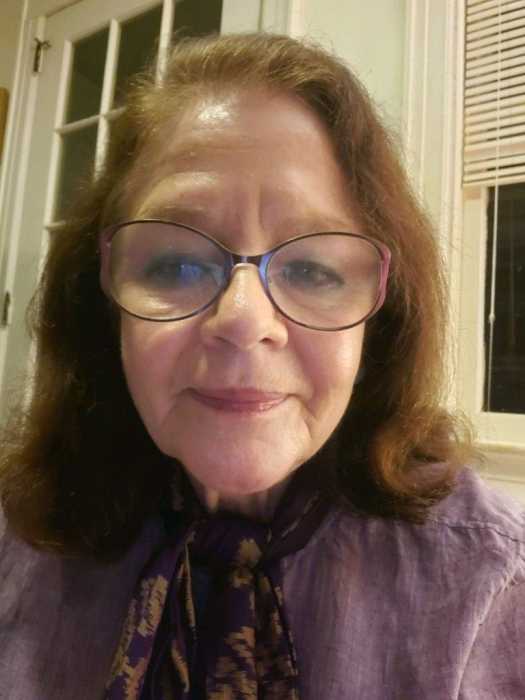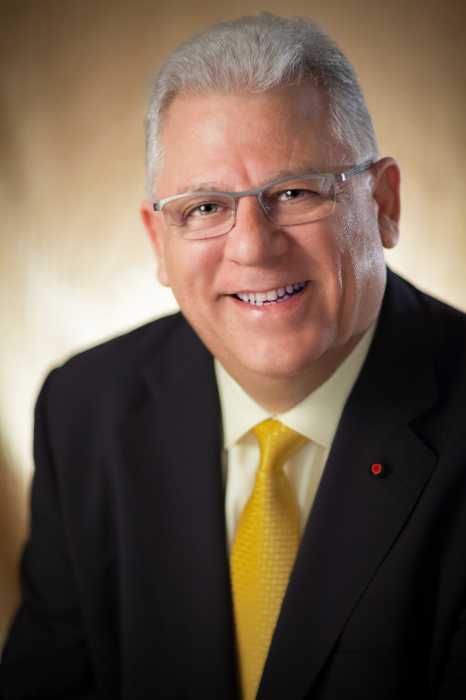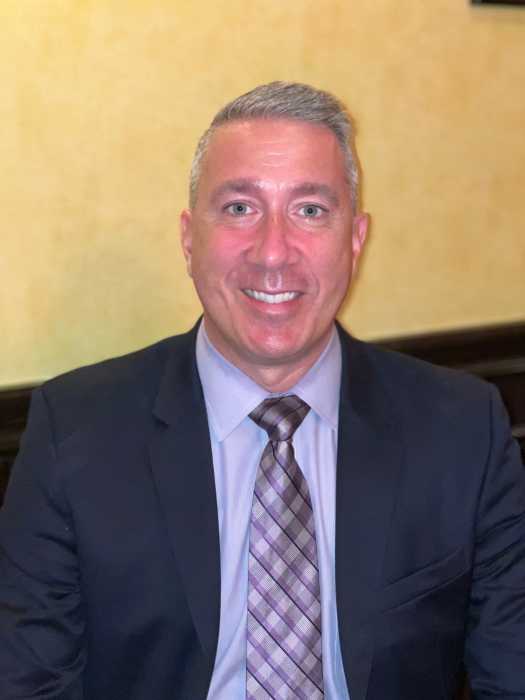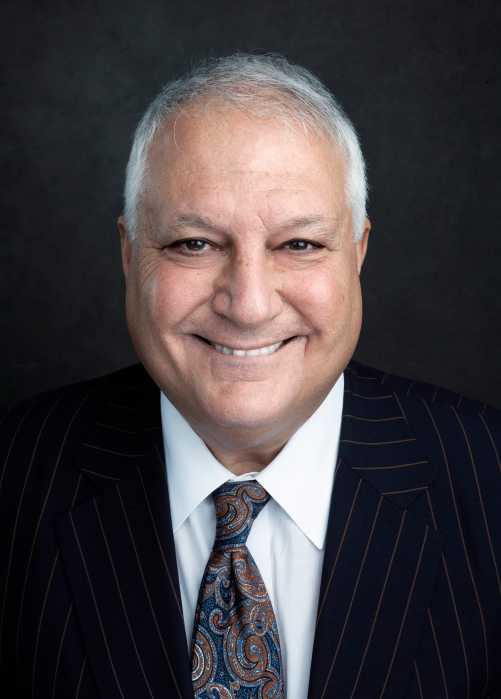Alan J. Murray is president and CEO of Empire BlueCross BlueShield. Alan is recognized for his leadership, deep industry expertise, and determination to enhance the health care system with innovation that benefits consumers, customers, and provider partners. In New York, he rallies his team around the mission to materially and measurably improve the health of all New Yorkers, and in June 2022 he began leading a national team working to improve the health of diverse populations such as students and labor groups with custom-built innovative health plans.
Why did you decide to pursue a career in health care?
People deserve great health care, and I recognized the system we currently have focuses on helping people get better when they are sick. While it is important to take care of people when they are sick, what if we reimagined how we care for people and build a system that supports them to live their best lives through whole health? That’s the opportunity I see and why I am so committed to driving change in health care.
What is the biggest challenge currently facing New York’s health care system?
When I see the word challenge, I reframe the conversation around opportunity. New York is a destination for innovation, and we have an opportunity to improve how people interact with the system through data integration. Data points tell the story of a person’s health, and today, these data points are not connected. If we modernize how data flows through the system, we can collaborate to make informed decisions about a person’s care journey.
How can New York State ensure access to affordable health care?
At Empire, we are on a mission to materially and measurably improve the health of all New Yorkers. We have a responsibility to ensure people in our communities have access to affordable, high-quality health care. Moreover, we believe that supporting whole health is the true path to making health care more affordable. This involves considering factors that influence health, including physical, behavioral, and social drivers. The more people are healthy, the more they can enjoy their lives.
What does the future of health care look like?
New York is already home to many of the best health care offerings in the world. Quite frankly, it is a destination. The future is about inspiring the talent we have here to optimize the system. Data is the key that can unlock the optimizations needed, which will ultimately enable a system that anticipates and delivers care for New Yorkers when they need it most, and more importantly, empowers them to strive for whole health.



